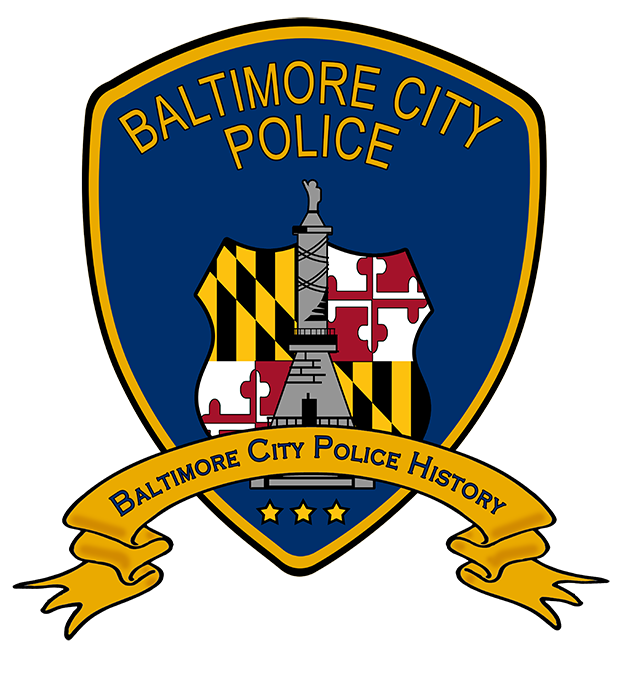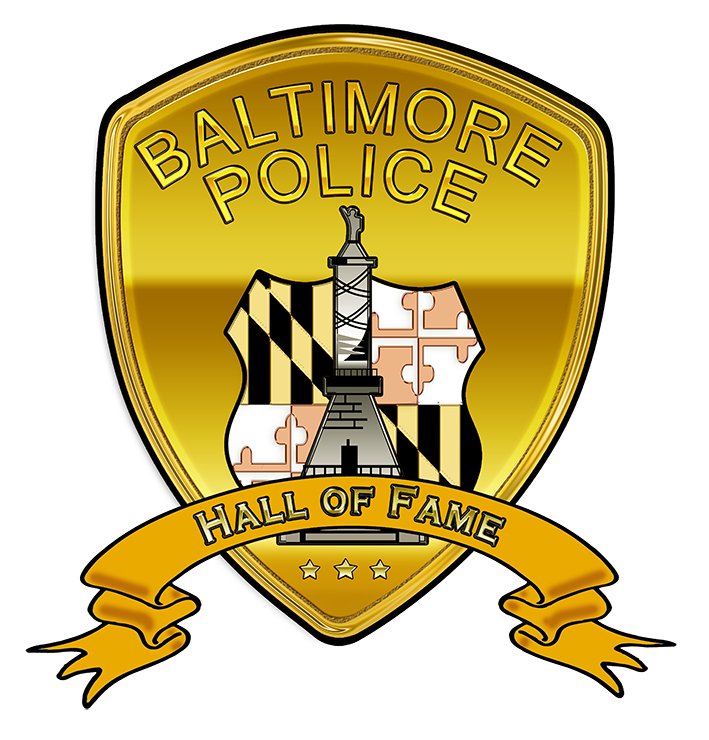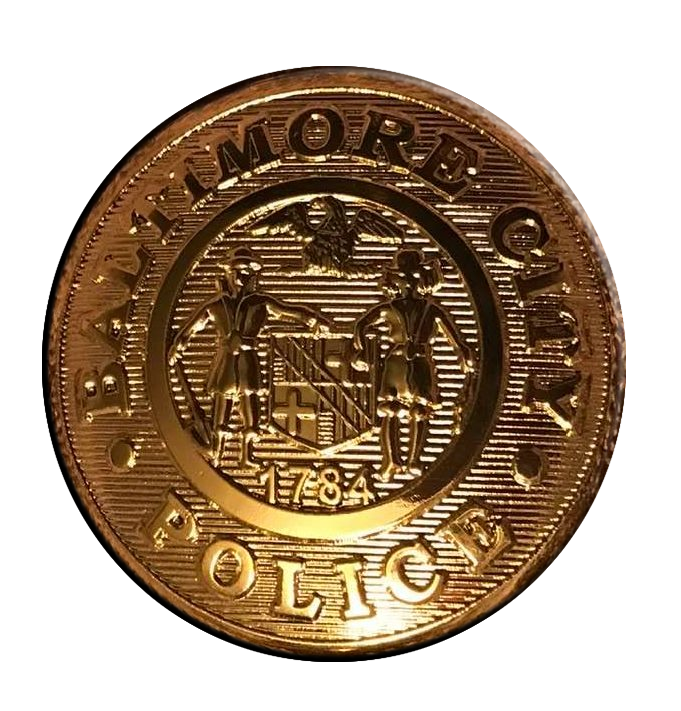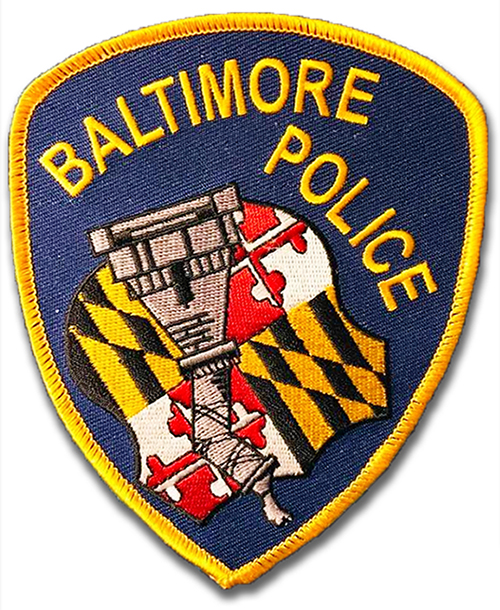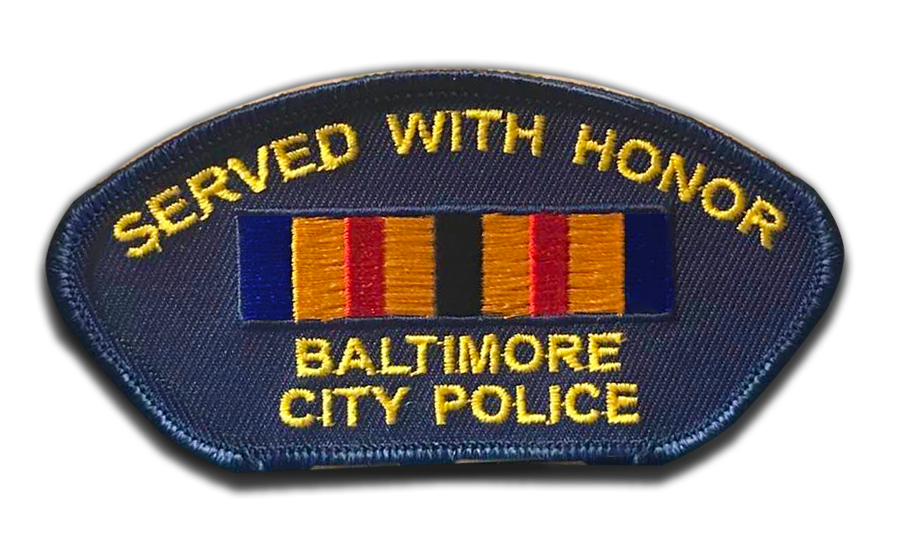The mask system, which enables detectives to examine crooks without being recognized, was inaugurated yesterday (28 July 1908) by the detective department. The masks worn by the detectives were of the ordinary white dominoes, with muslin covering the lower part of the face. They are adjusted by an elastic band, which is slipped over the back of the head. The prisoner put under the eyes of 20 detectives was Hymen Movitz, 18 years old, white male who is charged with being a pickpocket.
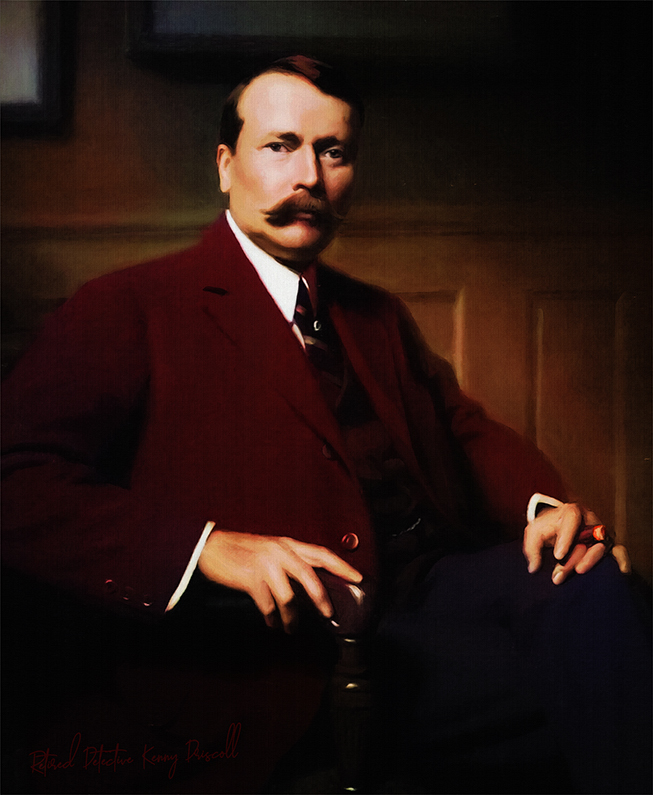
Col. Sherlock Swann
Head of the Board of Commissioners

Must “Face the Mask”
Col. Swann to Introduce New Plan with Prisoners.
Wednesday, 6 May 1906
It is growing to be the general opinion that when Col. Sherlock Swann has completed his term of office as president of the board of police commissioners it will be evident that he has been “on the job.” Already Col. Swann has made his energy felt, and those who know him best believe that he will bring the department up to a high state of efficiency and introduce not just a few needed reforms but many needed changes. Indeed, the Col. now has in mind several changes for the department. One will be the innovation here of what is known in New York’s Police Department as “Facing the Mask.” This is the custom of confronting all criminals arrested by the members of the department’s detective force. The prisoner is taken to headquarters and the detectives with their faces masked will stand in a row or in one of several rows while looking them over so that they will know them whenever they show up in town.
At first, it was the custom in New York to have the detectives present without their faces covered, but it was soon found that this was of as much benefit to the crooks as it was to the detectives, they were being given an opportunity to become familiar with and better evade the detectives. In Baltimore when a prisoner is arrested the detectives seldom see them, their only opportunity of becoming familiar with their features was the picture taken by the Bertillon department. Col. Swann also expects to improve the Bertillon department, and incidentally, the detective headquarters will be moved to brighter and larger rooms. Col. Swann yesterday visited headquarters and soon decided that the rooms provided for the detectives were too small, too dark and not well enough ventilated.
He also heard that the board of police examiners, which met seldom, was about to be given the rooms he used by the savings bank of Baltimore. At once he talked to Capt. Pumphrey, members of the examiners' board, the Mayor and Superintendent of Public Buildings, with the result that all being agreeable, including building inspector Preston. It is probable that detective headquarters will soon occupy the rooms used by the bank, and that the examiners will be given the outer offices of the present headquarters and the Bertillon Department will be moved to the remaining rooms now used by the detectives. The present rooms used by Lieut. Casey and his assistant are small and there is little space for the proper, filing of records. In the new quarters Lieut. Casey will have a room where he can install a special light he wishes to use in taking photographs. In his department also will be kept the Rogue’s Gallery.

Detectives Oppose the Bill
They Say They Fear Politicians Could Have Them Reduced.
2 March 1908
Some detectives are not pleased with the prospect of the legislature passing the police bill in the hands of Col. Sherlock Swann, who is regarded as the successor President George R. Willis, of the police board. As he has told the Sun the bill provides that the commissioners shall have the power to reduce a detective to the uniform rank and to promote men from the ranks to the plainclothes detective department at their discretion. The same bill was offered in the last legislature, and the detectives opposed it because they said politicians could have them removed if the board would listen to them. It is the belief of some of the detectives that they should be given a trial and proven insufficient before the board would have the power to reduce them. Pres. Willis is of the opinion that the board should stand as it is and that the man who performs his duty as a detective would have nothing to fear. Col. Swann is of the same opinion.

The Police Bill Will Improve the Service – Pass It.
13 March 1908
Among the bills designed to promote the efficiency of the police department which Col. Sherlock Swann has presented to the General Assembly, perhaps the most important is that giving the Police Commissioners the power to transfer men from The Detective Force to the Uniformed of Force and vice versa. The passage of such a measure has long been urged by Police Commissioners in the past, and the present chairman of the board, Mr. George R. Willis, has been especially urgent for the enactment of this bill. Service on the Regular Police Force offers many opportunities for the exercise of those peculiar qualities necessary for the efficient Detective. These qualities are somewhat rare, and when one of the men in uniform proves that he possesses them and that he is a good Detective, the Police Commissioners believe they should have authority to make the best use of him by an immediate transfer to the regular Detective Force. Employment in this force is considered more desirable than in the uniform ranks, and it is argued that the possibility and hope of promotion to the Detectives would stimulate men to their best endeavors and produce excellent results. It does not seem reasonable to maintain the two branches of the service so entirely distinct from each other that transfer from one to the other should not be easy and without the intervention of examinations and red tape.
The same argument would favor the other feature of Col. Swann’s bill, namely, that which gives authority to the Board of Commissioners to transfer a Detective to the Uniform Ranks. A man who possesses none of the qualities of a Detective might make an excellent Policeman, and the board desires authority to give him an opportunity to serve in this capacity. If a Detective is not successful in The Detective Force, he might deserve a chance to continue a career in Law Enforcement. Under the law, as it is now written, if a detective fails or does not prove excellent, the only thing that can be done is to discharge him. It is urged by Col. Swann that it would be more just and better for the service to transfer such a man to a position whose duties he might be better able to perform. According to the judgment of men who have served on the Police Board and are best qualified to judge of the matter, Col. Swann’s bill should be passed. The General Assembly should be quick to enact any Legislation which gives promise of improvement in the efficiency of the Police Force of this great city.

Col. Swann “At School”
Saturday, 14 Mar 1908
Head of the Next Police Board Sees Review of “Crooks.” - A Special Dispatch to the Sun Last Night from New York Says;
“When the Detectives at the Central Office filed into their assembly room this morning – more than 100 of them and every man wearing a mask – for the daily lineup of “Crooks” one of the interested spectators was Col. Sherlock Swann, of Baltimore. He was pursuing his studies of the New York police system and was an early arrival at headquarters. He reached Commissioner Bingham’s office this morning before either the Commissioner or his secretary had arrived. “At the Detective Bureau, which he visited on general Bingham’s invitation, Col. Swann saw about 40 prisoners standing in line before the assembled sleuths, while Inspector McCaffrey called attention to those whose records were known to the police. Col. Swann observed the persons carefully and, when taken to the Rogues Gallery, his memory of faces enabled him to identify one of the portraits there as that of the prisoner who had appeared in the lineup today. Col. Swann spent the entire morning at the central office examining the working of the Battalion System of identification. Col. Swann also devoted several hours to further inspection of the system of traffic regulations at the crowded street intersections. As a result of his visit, he is more determined than ever to urge the traffic regulation bill now before the Maryland Legislature, as well as a bill making the Baltimore Detectors force a part of the regular police force, as has been done in New York City.

Col. Swann Returns
Monday, 16 Mar 1908
Head of Next Police Board Spent a Week in New York
“Going to School,” He Said
Commissioner Bingham, he declares, is the man for the place. May try methods in this city. Col. Sherlock Swann, who will succeed Pres. George R. Willis, of the police board, returned yesterday from New York, where he spent a week study in conditions in the police department of the Metropolis. Although he said the stay was a short one, he learned a good deal and hoped his information would stand him in good stead during his administration. In Commissioner Bingham’s Col. Swann believes New York has a jewel. He is much pleased with Commissioner Bingham’s work and the manner in which things are conducted in the New York department. As to whether or not he would try some of the methods of the New Yorkers in the Baltimore department, Col. Swann would not commit himself. He merely said with a smile that he is still “going to school. ”I was treated nicely,” said Col. Swann, “Mayor McKellen, who is an old friend of mine, receives me, after a separation of 26 years. In a pleasant manner and did everything he could to show me what I wanted to learn. He turned me over to Commissioner Bingham, who not only gave me as much of his time as I wanted but took me around to look things over. He is certainly the man for the place, and he is right on the job.” But, best of all, the men I met, think a great deal of them, for they realize that he is fair to them.“Of course, there is a great difference in the size of the department of New York and Baltimore, but Mr. Bingham is a great man for detail, and he has inaugurated some fine customs. One of the greatest things I have ever witnessed was the lineup of the crooks at headquarters in the mornings. All of the crooks who have been arrested the previous day are brought out before the detectives. The detectives are masked, and the crooks have no opportunity to study the features of the detectives. Commissioner Bingham explained the use of the masks by saying there were many crooks who would have themselves arrested upon some Pro tax or another just for the chance of study in the faces of our detectives. ”Col. Swann’s first question was as to the progress of the detective bill which is now in the hands of the committee of the legislature. He is deeply interested in it and believes the police board should have the power to reduce a detective to the uniformed police and to promote a man from the ranks to the Secret Service department without trial or examination. The plan is in vogue in New York, and Col. Swann says Commissioner Bingham has a great deal of faith in it. Aside from the customs and methods used in New York. Col. Swann learned much regarding the handling of a large force. The Bertelli and Bureau pleased him, and he said he realized the great age it is to the police of a big city. Baltimore has about as good a Brazilian Bureau as any in the country. New York has added many things not used by the Baltimore police force, and some of them may be applied here.

For Disguise Department
8 July 1908
Police May Use Greasepaint and False Whiskers Soon
While acting Marshal Manning vigorously denies it and other police officials smiled broadly when it is mentioned, there is just a possibility they knew department will be created soon with the official cognomen of “department of disguise.” It will act in conjunction with the police in gaining entrances to saloons where beer is sold on Sundays.
Several Sundays ago, some of the policemen disguised themselves as longshoremen and easily gained access to a saloon that was dispensing prohibited libations. Now it is suggested that the police go further and adopt other disguises in which they can easily gain entrance to the wet goods dispensaries. It is probable that if the new department is started third assistant Ad-Jutant – General John Swikert, Jr., now clerk to the Marshal, will be placed at the head of it.
Mr. Swikert, before becoming a guardian of the public peace and the secrets that Marshall Farnan wished not to forget, was an actor and as such would be splendidly fitted to preside over such a new venture.
It is proposed that a stock of greasepaint, creep hair, liners, imitation moles, warts and an extra amount of red for the noses of the policeman be bought by the police board, along with a stock of costumes. Mr. Swikert has some old one’s home that he used in 1876, or thereabouts when he supported some of the leading stars, and it is hoped that he can be persuaded to lend them to the new department.
Those in favor of the idea say that on Sunday mornings each Capt. can detail a certain number of men from his district for duty on liquor violations and these reported to the “department of disguises” will find Mr. Swikert in shirt sleeves waiting with the paint. A nice-looking policeman with a wife and three children, and who never did any harm in his life, will, by the age of greasepaint, be transformed into a blackened eyed, unshaven and unkempt “bum” and go out to catch the Wiley saloon keeper.
Mr. Swikert has as many as 100 disguises he can reproduce at short notice.

For More Detectives
24 February 1919
Marshall Carter and Police Board Planning Reorganized Bureau - A Need for Men is Imperative - City’s Growth Makes The Necessary - Greater Force Of Plainclothes - Men To Handle Increase In Crime
Plans for the reorganization of the detective bureau, which will include an additional 25 men and new quarters, are being worked out by Marshall Carter and members of the police board, and it will be contained in a police bill to be presented to the next legislature. For several years Marshall Carter and the police commissioners have realized the lack of men in the detective branch of the police department, and now that the city is twice its former size, the need of efficient plainclothes men is imperative. No change is anticipated in the general personnel of the Bureau, but Marshall Carter has long since recognized the fact that the department, in general, has been somewhat handicapped because of lack of a sufficient number of detectives to meet the increase in crime – a natural thing with the growth of a metropolis.
Detective Capt. McGovern, who has been executive Ed of the Bureau for 10 years, has seen the work of his branch of the service grow until there are not enough men to handle it properly. Men are frequently switched from one case to another and are not given sufficient time to ferret out one job before another is assigned to them. As a result of this system, the men cannot concentrate as their chiefs would have them. Police Commissioner E. F. Burke and Marshall Carter have agreed that 50 men are a reasonable number for the Bureau. The men must be arranged in couples and the legislature will be asked to create new ranks. It is not the intention of either Marshall Carter or Mr. Burke to have the Bureau cluttered with man ranking as detective Lieut. The Marshal proposes to allow the present members of the Bureau to remain as detective lieutenants. The additional men picked for detective work will go to the Bureau as detective sergeants or as an ordinary plainclothes patrolman.
Would put men on Mattie.
Much of the ordinary work now assigned to detective lieutenants could then be given detective sergeants or ordinary detectives. In establishing three grades in the Bureau. Marshall Carter and members of the police board believes that excellent results will follow. There would exist and incentives for the under detective by good work in the apprehension of criminals to rise to the grade of Detective Lieut. Marshall Carter is convinced that the system would result in the best material in the department being given an opportunity to produce results. Any day of the week will find less than a score of detectives on duty in the city allowances must be made for the men off duty. Those sick and those in other cities bring back alleged malefactors. Capt. McGovern is himself frequently obliged to take reports and furnace information which should be done by a subordinate.
Some of the detectives may be opposed to the establishment of the three grades in the Bureau, due to their belief that they may be transferred from the highest grade to the lower grade but it is understood that a provision will be made that any detective rating as detective Lieut. cannot be reduced accepts on charges. This provision clearly protects the men, but it will not apply to detective – sergeants and the plainclothesmen. If men assigned to the Bureau failed to measure up after a reasonable time, they simply will be transferred back to the uniform force and other named to fill their places. Marshall Carter said that there should be not less than five detectives in the motor division, for in the combustibles division, for in the homicide division, for in the bogus check division, six for special I classwork and 25 men for burglaries, petty theft, and general complaints.

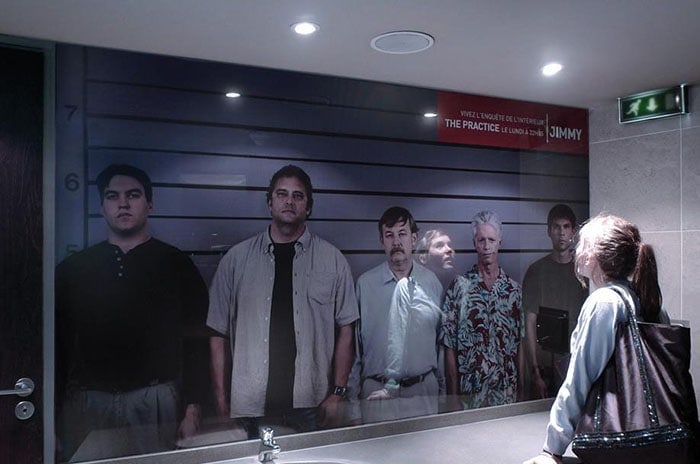
It Was a Time Before the Two-Way Mirror Was used in Law Enforcement
The first two-way mirror, originally called, "The Transparent Mirror' was invented by Emil Bloch. He was of Russian descent and living in Cincinnati, Ohio when he patented his "Transparent Mirror" on 17 February, 1903. Emil's design was close to what we call a two way mirror today, and would be years before his invention would be use the way it is today in law enforcement. The Baltimore Police Department wouldn't use the Two-way Mirror until the mid to late 1990s. Prior the 90s we used the Mask System brought back to Baltimore by Col. Sherlock Swann during his visit to the NYPD in 1908.
Followed by bright lights, and dark rooms separated by large screens making it difficult for subjects/suspects in a physical line-up to see potential witness/victims viewing them. There were times while working cases on the street where potential witnesses would make positive identifications from the backseat of an unmarked, or even marked police car, at night we used a spot light to prevent the suspect from seeing who it was that was identifying them as we had the witness/victim stand in the dark behind the bright spot light making it impossible to see through, or past the light from the suspect side. While working in an investigative compacity, I know of a few guys that used inexpensive Halloween masks, worn by witnesses, or informants, this with a police issue rain coat, to hide their clothing as we drive them around an area looking for suspects, or a particular suspect. During the day shift we often relied on the witness/victim wearing a ski-mask to prevent their face from being seen by potential suspects
For More On this Click HERE

Donations
Donations help with web hosting, stamps and materials and the cost of keeping the website online. Thank you so much for helping BCPH.


POLICE INFORMATION
Copies of: Your Baltimore Police Department Class Photo, Pictures of our Officers, Vehicles, Equipment, Newspaper Articles relating to our department and or officers, Old Departmental Newsletters, Lookouts, Wanted Posters, and or Brochures. Information on Deceased Officers and anything that may help Preserve the History and Proud Traditions of this agency. Please contact Retired Detective Kenny Driscoll.
This email address is being protected from spambots. You need JavaScript enabled to view it.

NOTICE
How to Dispose of Old Police Items
Please contact Det. Ret. Kenny Driscoll if you have any pictures of you or your family members and wish them remembered here on this tribute site to Honor the fine men and women who have served with Honor and Distinction at the Baltimore Police Department.
Anyone with information, photographs, memorabilia, or other "Baltimore City Police" items can contact Ret. Det. Kenny Driscoll at This email address is being protected from spambots. You need JavaScript enabled to view it. follow us on Twitter @BaltoPoliceHist or like us on Facebook or mail pics to 8138 Dundalk Ave. Baltimore Md. 21222
Copyright © 2002 Baltimore City Police History - Ret Det Kenny Driscoll

